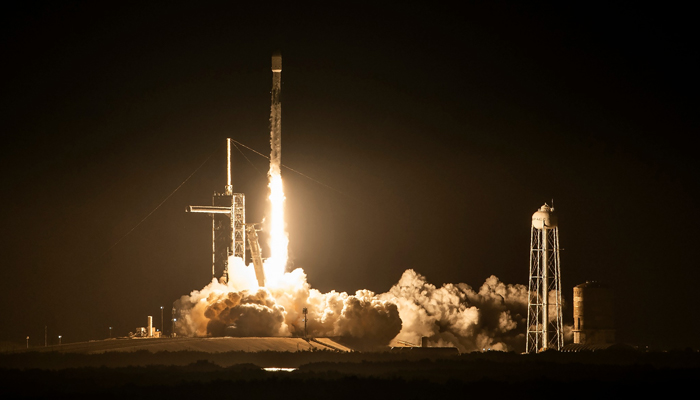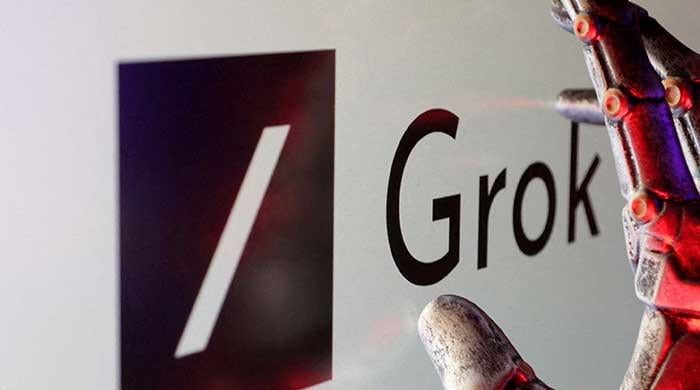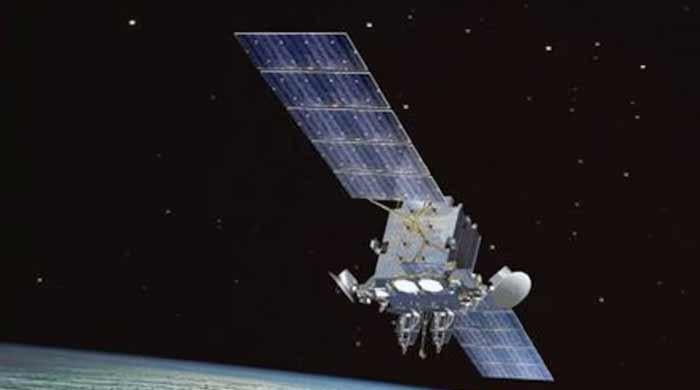US private firm mission IM-1 enters lunar orbit for landing bid
The IM-1 mission spacecraft is carrying a suite of Nasa instruments and technology demonstrations
February 22, 2024

A US-based space company’s moon lander entered into lunar orbit Wednesday, becoming the first-ever privately owned spacecraft to bid for touching down on the Earth’s natural satellite.
The US would be landing on the moon for the first time in 50 years after Apollo 17 in which Nasa’s scientists set their foot on the lunar soil in 1972.
Houston-based company Intuitive Machines said in a statement that its six-legged Nova-C lander, — also called Odysseus — entered a circular orbit 57 miles (92 km) above the lunar surface after it fired its thrusters for seven minutes during a maneuver.
If the expectations of the mission are fully met, the spacecraft would gradually decrease its circle over the next 24 hours and land at crater Malapert A near the moon's south pole at 5:49pm Thursday.
The spacecraft is carrying a suite of Nasa instruments and technology demonstrations.
Odysseus remains "in excellent health," the company said, adding that for the duration of its lunar orbit roughly 239,000 miles (384,000 km) from Earth, mission controllers in Houston would monitor flight data from the spacecraft and transmit images of the moon.
The Intuitive Machines’s Odysseus spacecraft was launched on February 15, by SpaceX’s Falcon 9 rocket from Nasa's Kennedy Space Center in Cape Canaveral, Florida.
The current mission would also mark the first "soft landing" on the moon ever by a private company and under Nasa's Artemis lunar program.
The US is racing to return its experts to the moon before China lands its people and spacecraft there.
The IM-1 flight is carrying six Nasa payloads of instruments designed to gather data about the lunar environment ahead of Nasa's planned first crewed Artemis mission to the moon later this decade
This mission was launched nearly a month after the lunar lander of another company Astrobotic Technology encountered malfunctioning its way to the moon shortly after entering orbit on January 8 by a United Launch Alliance (ULA) Vulcan rocket making its debut flight.
The malfunction of Astrobotic's Peregrine lander, which was also taking Nasa equipment to the moon, was the third time a private company witnessed failure to achieve a lunar landing.
Such malfunctioning has fuelled the risks Nasa faces in leaning heavily on the commercial sector than it had in the past to realise its spaceflight goals.
Intuitive Machines was co-founded in 2013 by a former Nasa Deputy Director Stephen Altemus, who is currently the CEO of the company.











